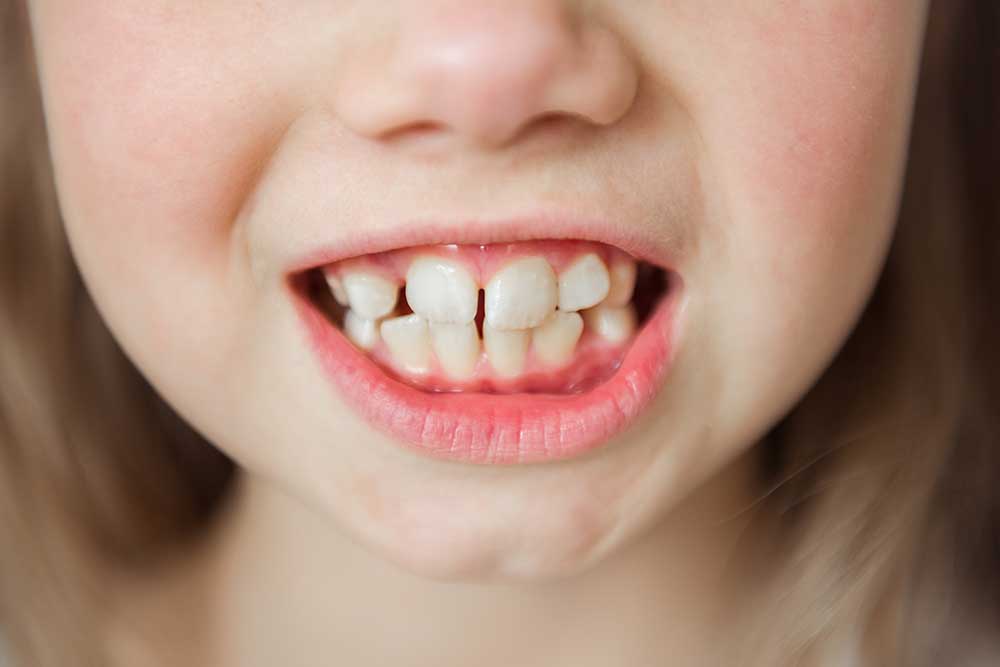Thumb sucking is a common habit among infants and young children. It’s often a source of comfort and security, but if it continues for too long, it can impact dental health and development. Here’s a friendly guide on thumb sucking, why it happens, and how you can gently help your child break the habit.
Why Do Kids Suck Their Thumbs?
Thumb sucking is a natural reflex for babies and young children. It can start in the womb and continues as a soothing mechanism. For many kids, thumb sucking is a way to self-soothe when they’re tired, stressed, or anxious.
When Thumb Sucking Becomes a Concern
While thumb sucking is generally harmless in infancy, it can lead to dental issues if it continues beyond the toddler years. Prolonged thumb sucking may:
- Affect Tooth Alignment: It can cause the teeth to become misaligned or affect the development of the bite.
- Change the Shape of the Mouth: Extended thumb sucking might alter the shape of the roof of the mouth.
- Lead to Speech Issues: It can sometimes impact speech development by affecting the way the mouth and teeth work together.
How to Gently Encourage Your Child to Stop
- Positive Reinforcement: Praise your child when they don’t suck their thumb and offer rewards for progress.
- Identify Triggers: Observe when your child tends to suck their thumb and find alternative ways to comfort them during those times.
- Provide Comfort: Offer a comforting object or activity to help them feel secure and reduce their need to thumb suck.
- Use Distraction: Engage your child in activities that keep their hands busy and distract them from thumb sucking.
- Set Gradual Goals: If your child is older, talk about the benefits of stopping and set gradual goals to help them wean off the habit.
Final Thoughts
Thumb sucking is a normal part of early childhood development, but it’s good to be aware of its potential effects on dental health. With gentle encouragement and supportive strategies, you can help your child transition away from thumb sucking while maintaining their comfort and well-being. Patience and positive reinforcement are key to helping your little one break the habit and keep their smile healthy and bright!







